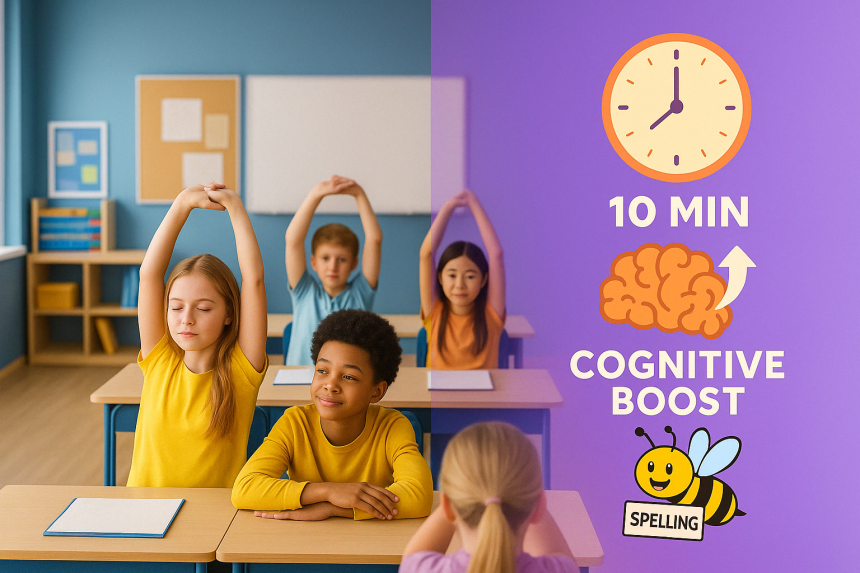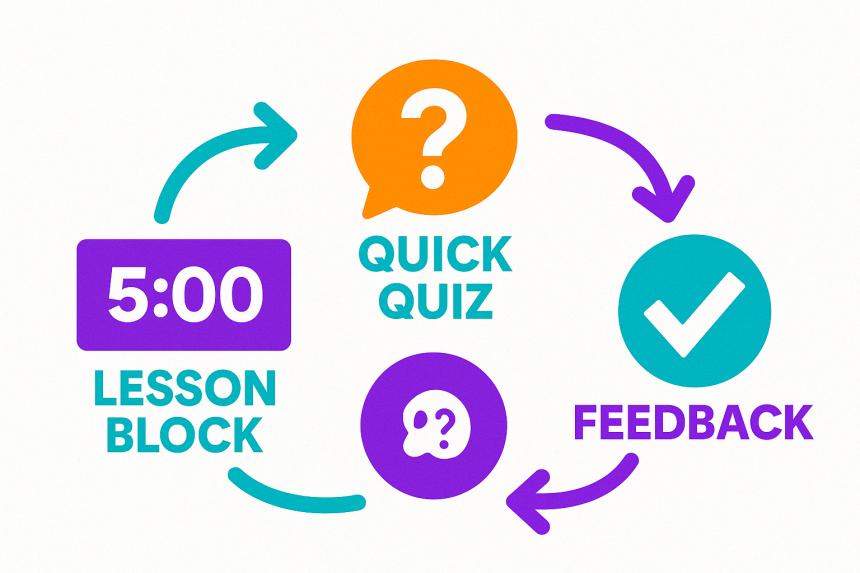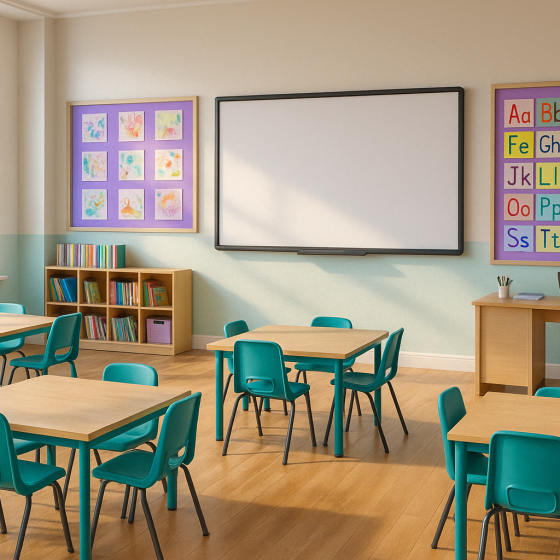Helping Students With ADHD Thrive in Today’s Classroom
Australia’s 2022 Evidence‑Based Clinical Practice Guideline for ADHD reframes the condition in functional terms: success hinges less on symptom counts than on everyday participation (Australian ADHD Guideline Development Group 2022).
For teachers and parents this means the classroom itself can become a therapeutic tool, one that boosts attention, buffers anxiety and keeps learning on track.
Families wanting to reinforce school‑home consistency can explore our parenting ADHD primer.
Recent research underscores three high‑impact levers.
First, structured movement breaks: A 2024 cluster‑RCT, the Break4Brain project, found that 10‑minute cognitively engaging activity bursts twice daily improved working‑memory and spelling scores in children with and without ADHD (Arenas et al. 2024).
Second, Universal Design for Learning (UDL): A 2023 comparative study showed that UDL‑based lessons yielded larger gains in reading, writing and arithmetic than traditional inclusive methods for Year‑3 pupils with ADHD (Frolli et al. 2023).
Third, teacher upskilling: Macquarie University’s national survey of 2 000 educators revealed that targeted ADHD training predicted higher confidence and more consistent classroom accommodations (Porter et al. 2024).

Classroom strategies that translate evidence into practice
- Flexible seating, fidget tools and stand‑up desks give kinetic learners a legitimate way to move without disrupting peers.
- Visual scaffolds—colour‑coded schedules, desk‑top cue cards and step‑by‑step task charts—offload working‑memory demands (ADHD Australia 2024a).
- “Chunk and check” instruction. Deliver content in five‑ to seven‑minute chunks, embed quick retrieval questions, then offer immediate feedback to cement learning.
- Multi‑modal expression. Invite students to show understanding via sketches, voice notes or short videos, reflecting UDL’s “multiple means of action and expression” (CAST 2024).

Where teachers and families can find up‑to‑date support
- Building a Neuro‑Friendly Classroom — free evidence‑based tips from ADHD Australia.
- Free Online ADHD Course (OLT & ADHD Australia) — self‑paced modules for educators that meet Australian Professional Standards (ADHD Australia 2024b).
- AADPA Clinical Guideline Toolkit — downloadable classroom‑accommodation checklists aligned with the 2022 guideline.
- Break4Brain Teacher Pack — ready‑to‑use movement‑break videos and lesson inserts from the study’s research team.
- Individual ADHD coaching helps students translate classroom gains into sustained habit‑building.
- If attention difficulties remain unexplained, consider an expert ADHD assessment to fast‑track personalised supports.
Collaboration is the thread that binds these elements. When teachers, parents and healthcare professionals share data and adjust plans dynamically, students with ADHD not only stay in the room, they thrive.
Every small environmental tweak or pedagogical pivot is a vote of confidence in their potential, and the evidence shows those votes add up quickly.
At Pandion Health, our team of experienced child and adolescent psychiatrists, behavioural paediatricians, psychologists , therapists, and ADHD coaches are here to support you.
References
- Australian ADHD Guideline Development Group (2022) Australian Evidence‑Based Clinical Practice Guideline for ADHD. Australian ADHD Professionals Association.
- Arenas D., Bodi‑Torralba M., Oliver A. et al. (2024) ‘Effects of active breaks on educational achievement in children with and without ADHD: study protocol and rationale of the Break4Brain project’. Frontiers in Psychology, 15.
- Frolli A., Cerciello F., Esposito C. et al. (2023) ‘Universal Design for Learning for Children with ADHD’. Children, 10 (8), 1350.
- Porter M.A., Briscoe L., Blackwell H. et al. (2024) ‘The impact of a blended learning course in ADHD on teacher knowledge and self‑efficacy, and improved teaching practices: preliminary findings’. Journal of Educational & Psychological Research, 6 (1), 1‑41.
- ADHD Australia (2024a) Building a Neuro‑Friendly Classroom.
- ADHD Australia (2024b) Understanding ADHD: Free Online Course for Teachers.
- CAST (2024) The UDL Guidelines.

